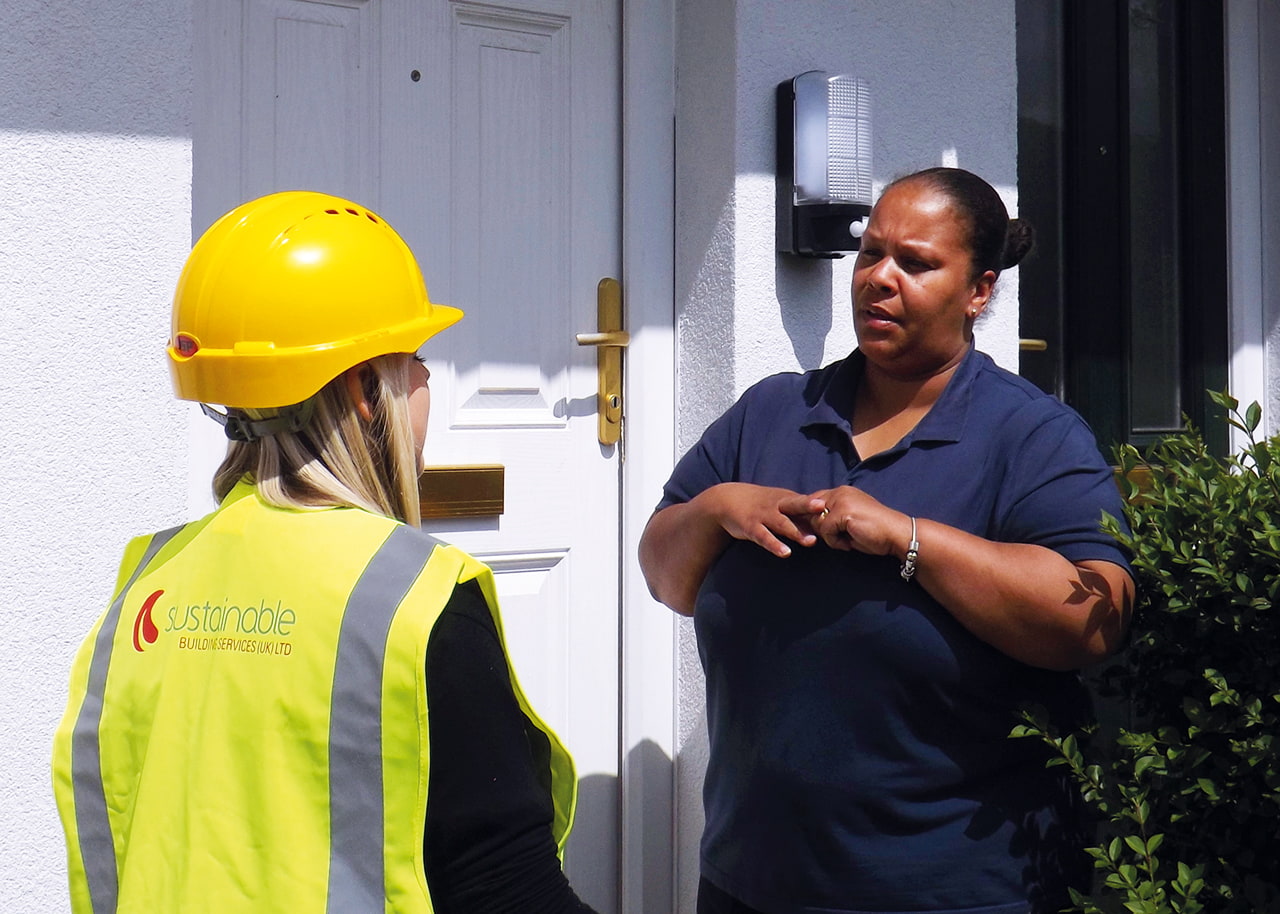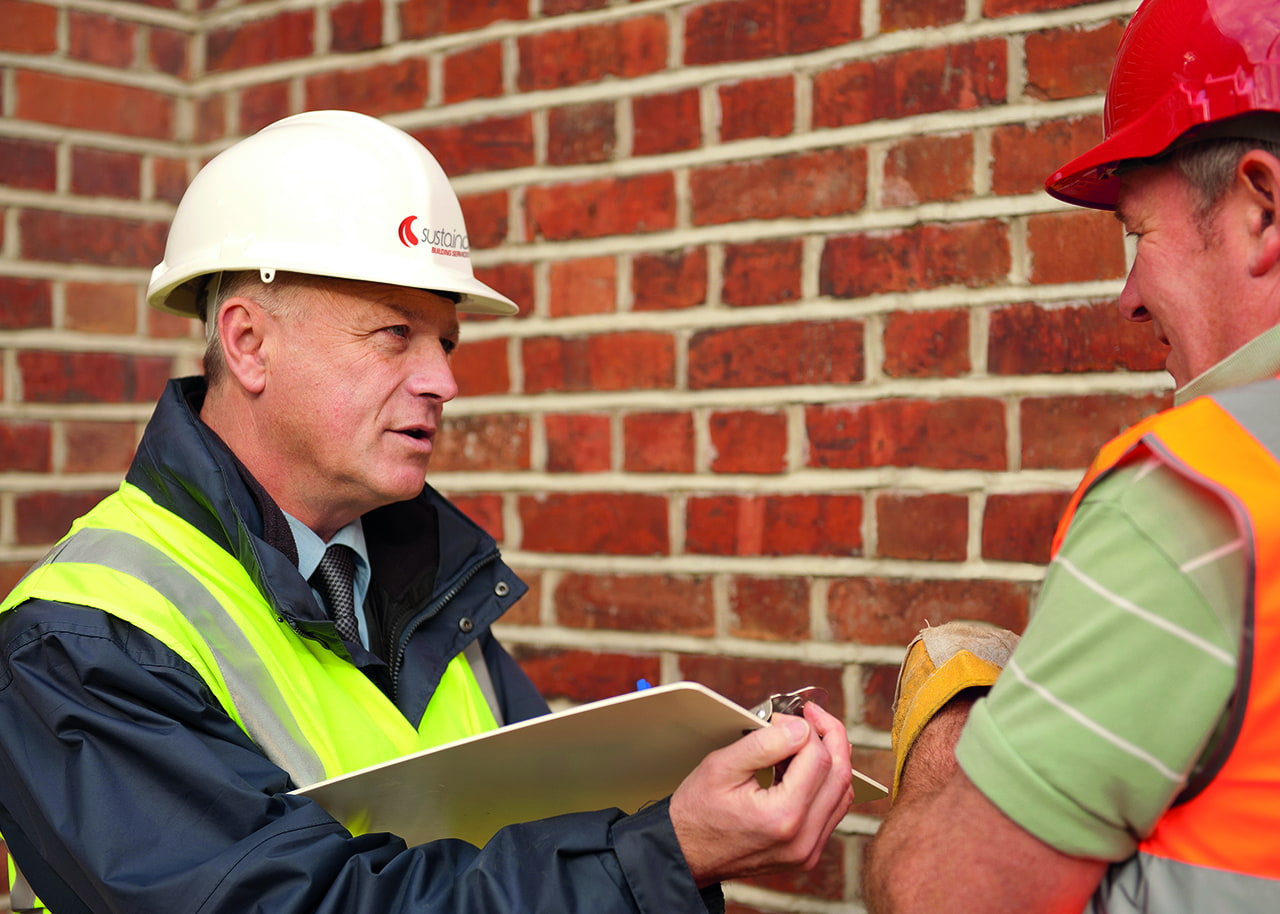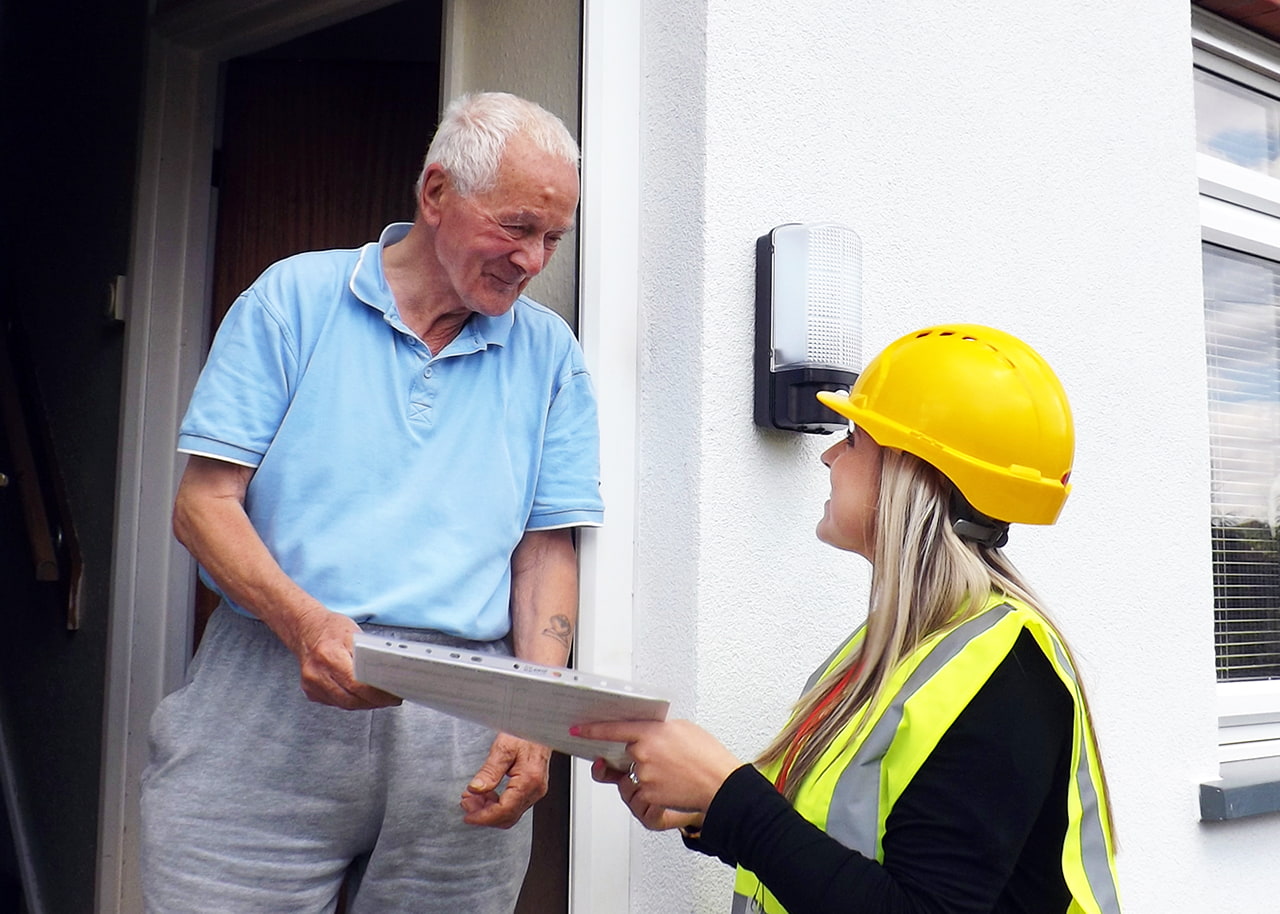When thinking about solar panels it is important to consider some practical implications and then the financial implications. This is more than just energy saving it is also an investment in the way you use, store or share energy.
It’s important to note that solar panels generate free energy from the sun. This means you have the opportunity to turn that free energy into savings for your home, store energy in a battery for times when you may need it later (offset energy usage from the grid) or return it to the grid for a fee to an energy provider.


